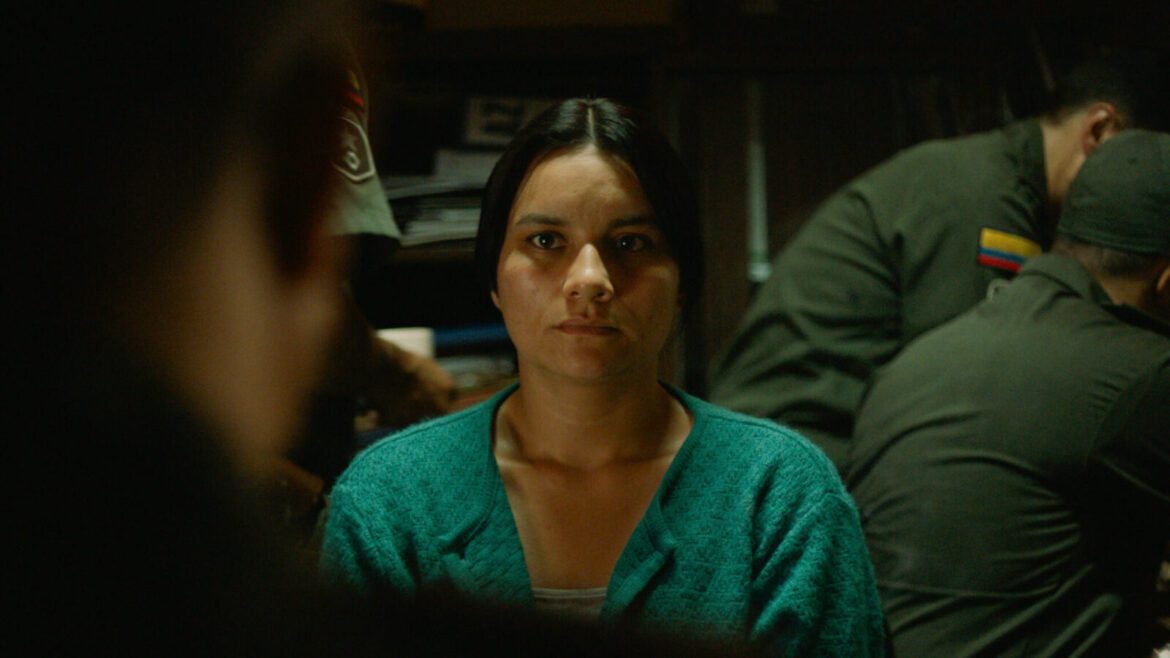COLOMBIA, 2021.
Available on streaming platforms.
After scooping up an award at the Cannes Film Festival in 2014 for his short film Leidi, director Simón Mesa Soto presented Amparo in Cannes during Critics’ Week in 2021 as one of the seven films selected for the event’s 60th edition.
Amparo is a touching tale of resolution in the face of corruption in 1990s Colombia. The titular character is a single mother trying to make ends meet as she raises her 18-year-old son Elias and 8-year-old daughter Karen. She is alarmed when Elias, a college dropout who spends his time idling in the streets, fails to return home one day. After a distressing search, she finds that he was drafted by the army. He was unceremoniously carried away by a military truck and is due to be sent to the country’s most hostile war zone within hours. She embarks on a race against time to try and save him from his fate, but in a community where every individual must fight for their own survival, she soon finds that she must rely on her own resilience and limited resources to protect her children.
Poignant in its depiction of injustice, Amparo is all the more powerful for not overdoing the drama, but rather showing how the endless disappointments that the protagonist and her children have experienced make them confront new problems with a detachment that can sometimes look like apathy. Aside from small outburst of feeling, the characters seem unfazed by the blows they endure. This attitude hints at a personal but also a collective history of misfortunes long enough to have numbed their feelings.
The film suggests that poverty condemns people to move through a net of unspoken rules revolving around money and power that they must succumb to in order to get by. Although Amparo’s themes have been explored at large on the big screen, the film employs cinematic devices (above all, the frequent use of close ups) effectively to maximise the audience’s interest in the story of its flawed protagonists. The linear plot is uncomplicated and yet engaging from beginning to end, and it manages to transmit the sense of desolation that its characters carry with them at all times.
The Immersive Verdict: Although Amparo’s themes have been explored at large on the big screen, the film is poignant in its depiction of injustice and all the more powerful for not overdoing the drama.
— Mersa Auda


